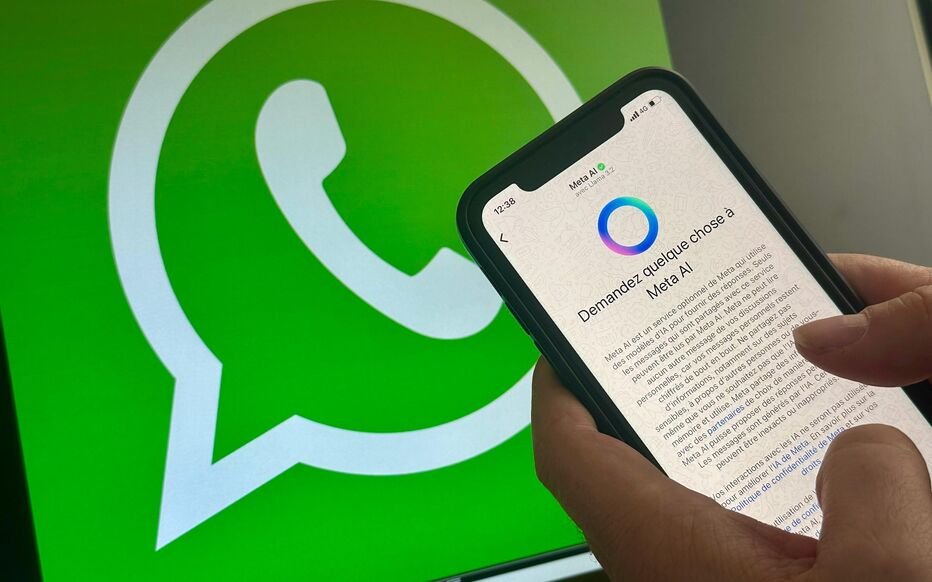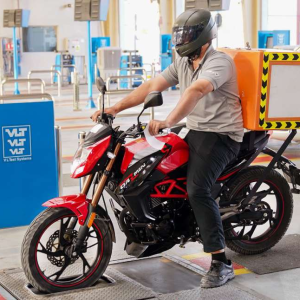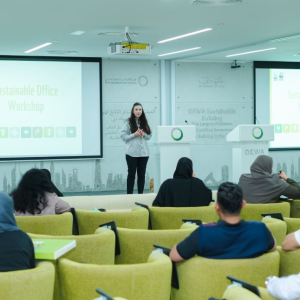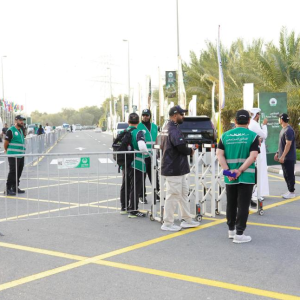In a city full of luxury, skyscrapers, and international business, a quiet struggle continues behind the scenes. Thousands of Iranian expats living in Dubai, who left their homeland in search of better work, education, or safety, often face a painful barrier: they can’t easily call their families back home on WhatsApp.
That’s because in the UAE, Voice over Internet Protocol (VoIP) services like WhatsApp, Skype, and FaceTime are officially blocked. And in Iran, many platforms like Telegram, WhatsApp, and Instagram face frequent restrictions too. For many, this creates a double wall of silence between loved ones.
But where there’s a will, there’s a way — and that way, for many, is a Virtual Private Network (VPN)

Living Between Two Worlds: Dubai and Iran
Fatemeh, a 29-year-old marketing professional in Dubai, describes her experience as “beautiful, exciting, and painfully lonely.”
“I moved to Dubai for a better salary and to escape the instability back home,” she says. “But during the pandemic, when my father was hospitalized in Tehran, I couldn’t even speak to him directly. WhatsApp calls just wouldn’t go through.”

Fatemeh now uses a VPN daily. It lets her bypass local restrictions and call her parents, check in on her siblings, and even watch Persian TV channels when homesickness creeps in.
“It’s not just about breaking the rules,” she says. “It’s about staying human. I need to hear my mother’s voice. That’s not a luxury — that’s a necessity.”
What Is a VPN and Why Does It Matter?
A VPN (Virtual Private Network) is a service that encrypts your internet connection and routes it through a server in another country. This hides your real IP address and makes it appear as if you’re accessing the internet from a different location — say, the UK or Germany — where WhatsApp calls are allowed.
For Iranians in Dubai, VPNs offer more than privacy. They offer connection, dignity, and peace of mind.
“It’s like a digital bridge between two countries,” says Amir, a software engineer from Isfahan who now lives in Sharjah. “Without it, I’d feel cut off from both sides.”
But Is It Legal? Here’s the Gray Area
Using a VPN in the UAE is not illegal in itself. In fact, companies and banks use VPNs all the time for secure work access.
However, using a VPN to access banned services like WhatsApp or Skype can lead to legal consequences under UAE law. The fine can range from AED 500,000 to AED 2 million if it’s proven that the VPN was used to commit a crime or bypass telecom restrictions.
That said, enforcement is rare for simple personal use — especially for calling family. Still, the risk remains, and users are advised to proceed with caution and discretion.
A Digital Lifeline for Families
Despite the risks, many believe it’s worth it. Especially when family members back in Iran are elderly, ill, or in emotional need.
Sahar, a single mother working in a boutique in Dubai Marina, says she uses a VPN “like oxygen.”
“My son is just 8 years old and lives with my mother in Tabriz. He cries when he doesn’t hear my voice. I can’t explain to him what VoIP restrictions are. I just want to be his mom, even from a distance.”
She adds, “Thanks to VPN, I was able to be there on his first day of school, even if it was just a video call. That memory? It means everything to me.”

How People Are Choosing the Right VPN
With the growing need, many expats are now smart about choosing reliable, secure, and fast VPNs that support VoIP.
Some of the most commonly used VPNs for WhatsApp calling from Dubai to Iran include:
- ExpressVPN – Known for strong encryption and speed
- NordVPN – Affordable, easy to use, and highly secure
- Surfshark – Good for multiple devices
- ProtonVPN – Free version available and focused on privacy
However, users warn against free, unknown VPN apps which can often leak data or be blocked easily. “You don’t want your private calls or chats falling into the wrong hands,” says Amir.
Their Wins Go Beyond Just Staying Connected
What’s inspiring is how many Iranians in Dubai are not only maintaining relationships back home — they are thriving in their careers and personal goals too.
Take Milad, a 35-year-old former teacher from Mashhad. After moving to Dubai and struggling to adapt, he began offering online Persian tutoring using WhatsApp video calls, reaching students globally.
“Without VPNs, my small business wouldn’t exist,” he says. “I’m not just surviving here — I’m growing, evolving, and helping others too.”
Tech vs. Emotion: Finding Balance in a Blocked World
There’s a clear lesson in these stories. Technology, when used with purpose, becomes more than a tool — it becomes a lifeline.
Every VPN connection made from Dubai to Iran is not just about breaking through firewalls. It’s about holding on to language, culture, family, and love.
And in a world where borders are hardening, it’s heartening to see how people are building digital bridges — even if quietly.
Current Trends: Rising Demand for VPNs in 2025
As of 2025, the demand for VPNs in the UAE continues to rise — not just for expats, but also for freelancers, remote workers, and entrepreneurs.
According to online analytics tools, searches for “VPN for WhatsApp call Dubai” and “best VPN to call Iran” have doubled in the past year. This shows not only a growing tech awareness, but also the emotional and practical demand for unfiltered communication.
More platforms are also now offering dedicated VoIP support, faster servers, and even Arabic and Farsi-language customer service.
The Bigger Picture: Inspiring Others Through Their Journey
What ties all these stories together is not just the use of VPNs — but the resilience, hope, and emotional strength of the people behind the screens.
They’ve left their homes, adapted to new cultures, followed dreams, faced risks, and made the impossible feel normal — just for the chance to hear a loved one’s voice, say “I miss you,” or watch a child smile on screen.
Their story is a reminder that technology doesn’t always have to divide us — it can unite us, if we let it.
Do follow UAE Stories on Instagram













